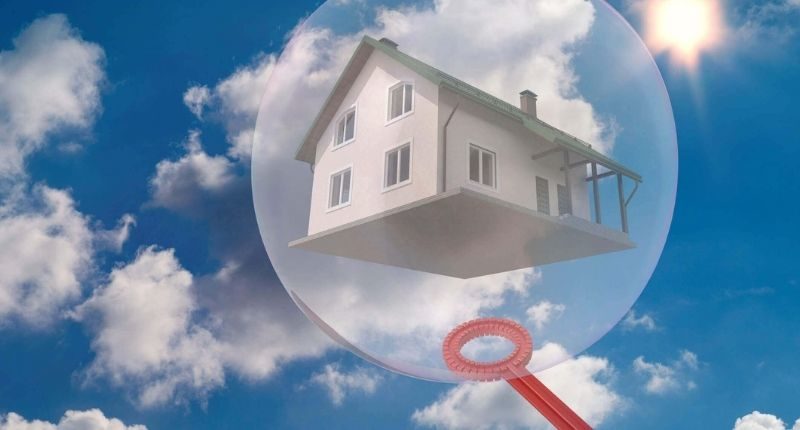- Over the past year house prices have risen by 20%+, their fastest since June 1989
- APRA have tightened home lending restrictions and flagged further action may be taken
- A housing crash could leave homeowners in negative equity territory
Over the past year, we have seen housing prices rise by more than 20%, the fastest annual growth since June 1989, even with lockdown measures stemming from the pandemic.
Understanding what underpins the rapid increase in price growth is important if you’re currently looking to purchase your first home or perhaps increase your equity investment portfolio.
Since the pandemic began, the RBA slashed the cash rate to a record low of 0.1 percent and rolled out a quantitative easing program in an effort to support economic activity, the catalyst for one of Australia’s most expensive housing markets.
In October’s board meeting, Australian Reserve Bank Governor, Philip Lowe, announced the maintenance of a 0.1 percent cash rate, with a plan to continue purchasing government securities at the rate of $4 billion a week until at least mid-February 2022.
The Reserve Bank’s monetary easing program coupled with international and domestic border closures has increased property demand and therefore prices. On the supply side, given there are now fewer properties on the market after the demand hike, scarce market availability has also played a role in driving up the red-hot market.
A market too hot to handle
The monetary easing program in Australia has driven down mortgage rates, making housing loans more affordable for the buyer.
However, as a result, home loan growth is now superseding growth in incomes, causing RBA concerns over the potential destabilisation of the financial system. In fact, over a fifth of new loans in the June quarter have accounted for more than six times the borrower’s income.
As the housing market continues to get hotter, the RBA has urged banks to maintain lending discipline.
In response, Australia’s banking regulator, the Australian Prudential Regulation Authority (APRA), tightened restrictions on home lending in October, with an increase in the minimum interest rate buffer on home loan applications from 2.5 to 3 percentage points.
However, with the RBA forecasting unlikely monetary policy tightening until April 2024, the regulatory push from APRA may not be sufficient alone to cool buyer demand.
What to expect going forward
In the current market, the RBA noted, “higher prices have improved the financial resilience of existing indebted borrowers”. However, if the red hot housing market doesn’t cool down, the result could be a burst housing bubble.
A dramatic fall of investors leaving the housing market and a price crash would leave homeowners with significant financial burdens, particularly those who have purchased over-valued property.
The result? Those homeowners could fall into negative equity territory and a subsequent simultaneous rise in interest rates could result in home loan defaults.
~~
Before making any financial decisions, please do your own independent research, taking into account your own situation. This article does not purport to provide financial or taxation advice. See our Terms of Use.








